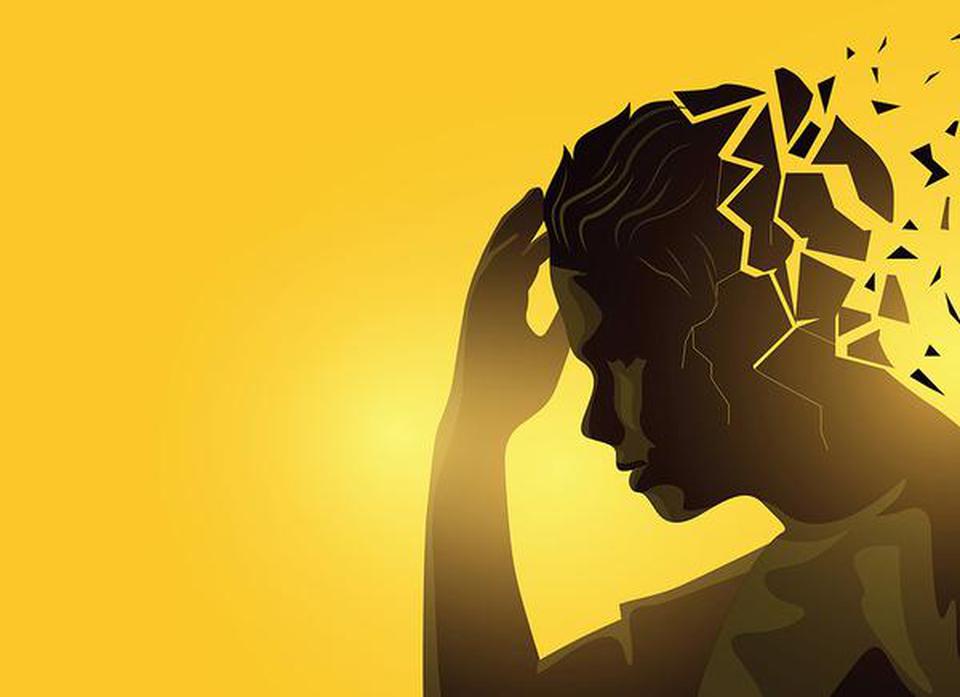
How COVID-19 have affected mental health & led to depression?
COVID came up as the changing point in people’s lives. 2020 was a point when people experienced a sense of insecurity due to health issues (of themselves and their family members) and financial crises. Now the pandemic has turned into endemic and people have accepted this health issue just like the common cold or flu. But the question is- if it has affected our mental health to an extent that it can lead to depression. Let’s discuss in the upcoming segments.
Facts & findings related to COVID & depression
Many studies are performed on the same subject. According to The Lancet.com, a systematic review was conducted to report the prevalence of major depressive disorder and anxiety disorder during the pandemic. In this review, 5683 studies were compiled to obtain a conclusion. They found that the infection rate and reduction in human mobility influenced mental health and even somewhat increased the prevalence of the major depressive disorder. Also, females were more affected by the pandemic than males. When compared on the basis of age, the mental health of the younger population was more affected than the older age groups. During the COVID pandemic, around 53.2 million more cases are recorded globally.
As per other reports, around 4 in 10 adults in the U.S. complained about the symptoms of anxiety and depressive disorder (Jan-June 2019). The list of symptoms includes difficulty in sleeping (36%), sudden loss/gain in appetite (32%), increase in alcohol consumption or similar substance (12%), and worsening of chronic health conditions due to anxiety (12%). Job loss, lower income, school closure, lack of childcare and the wellbeing of family members are the common reason for anxiety. It was observed that essential workers needed to overwork during this period and hence the cases of anxiety/depressive disorder were higher than non-essential workers (42% vs 30%). Even in 2021, 41% of adults complained about symptoms of depressive disorder.
What were the causes of depression?
According to the experts, COVID-19 can affect one’s mental health in the following ways:
- Immune response to virus
When someone is infected with the virus, the immune system produces many chemical substances like cytokines, chemokines, etc which further leads to inflammation. Higher levels of cytokines are linked to severe cases of the virus. If the body is unable to handle these chemicals, then many complications can occur. It may include:
- Inflammation of the nerves
- Peripheral immune cell invasion triggering the nervous system
- Blood-brain-barrier disruption
- Hypothalamic pituitary adrenal axis dysfunction
- Microglia activation and secretion of substances like indoleamine 2 and 3-dioxygenase
These complications can lead to psychiatric problems including depression. So even if the person has recovered from the virus, there will be some negative traces in the body that will be hitting their mental health.
- Psychological stress due to pandemic
We already discussed some reasons (like losing a job or family member) that have made people anxious. Moreover, in the quarantine period, people used to stay alone which further deepened the grief and negative emotions.
Conclusion
So we found that the COVID pandemic globally affected the physical as well as mental of people. As the things are getting back to normal, people are able to live their routine and keep their worries at bay for a while.
This pandemic helped us to understand the importance of health and immunity. Being a leader in the fitness industry, we would like to share that even 10 minutes of meditation, 15 minutes of workout, and a healthy diet can help you to stay fit and rock on an entire day.
And if you ever feel low or depressed, WE, GSB fit is here to help you!
This content is only for education, and we don’t promote any felonious commodity. Please, please stay away from harmful commodities for the betterment of our Nation. Use any pharmaceutical drug under the supervision of a registered medical practitioner.
Jai Hind.
Src: https://www.thelancet.com/journals/lancet/article/PIIS0140-6736(21)02143-7/fulltext
